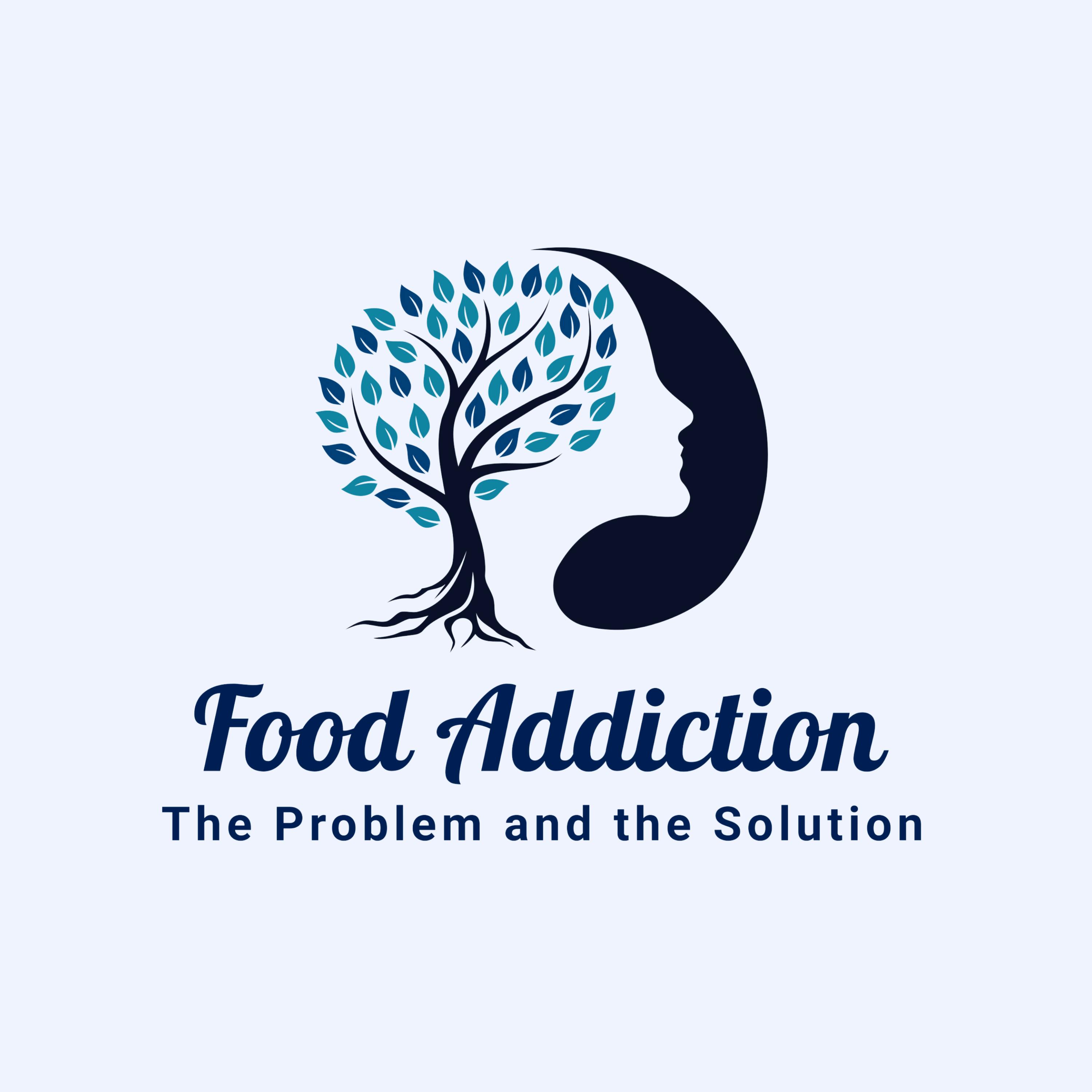The "Addict Brain" Highjacks Our Brains Like a Computer Virus
Description
In his book, Recovery Mind Training Dr. Paul Earley cites the statistic that addiction is a devastating brain disease affecting over 23 million individuals including their loved ones in the U.S. alone. He says that the single biggest driver around addiction is genetics and that there is a strong genetic link with addiction in families. Dr. Earley describes how powerful and insidious the Addict Brain is as it hijacks our brains without us being aware. The Addict Brain is like a computer virus running autonomously in the background virtually undetectable overwhelming an individual's conscious control by reorganizing life goals and ensuring its survival. Once the addict recognizes this and begins to realize the Addict Brain’s power as negative consequences occur, it is possible to implement new skills and recovery practices and place the addiction in remission. In his Recovery Mind Training method of recovery, he employs six domains including addiction containment, basic recovery skills, and emotional awareness and resilience. The RMT method helps unwind and repair damages to the individual as well as his or her family and social network caused by the Addict Brain. Dr. Earley recommends recovering addicts develop a set of skills and life responses to handle life situations blocking the primitive drive to use the addictive substance. He integrates a 12-step recovery program as part of his model and says when we recover and our behaviors are in alignment with our morals and values we find the feeling of freedom, joy, peace and serenity. He cites the strong connection between successful sustained recovery and those individuals developing a spiritual side. What an outstanding podcast episode as we host Dr. Paul Earley outlining the problem...and the solution!
Amazon Link to Recovery Mind Training: https://www.amazon.com/s?k=Recovery+mind+training&i=stripbooks&crid=2FV9H3E4BREK6&sprefix=recovery+mind+training%2Cstripbooks%2C97&ref=nb_sb_noss_1
More Episodes
Christine G. was raised in an alcoholic home and was often compared by her parents to a sibling and was expected to be different. As a child, she began using food to cope with this treatment and she reached her highest body weight of 229. Her lowest weight was 95 pounds as she suffered many...
Published 09/17/24
Large food companies, previously owned by tobacco companies, know that we are addicted to sugar and ultra-processed foods. These companies are making large profits using the same tobacco addiction model with items they are selling us to eat. Food companies add sugars to food items, like high...
Published 08/20/24
Published 08/20/24


